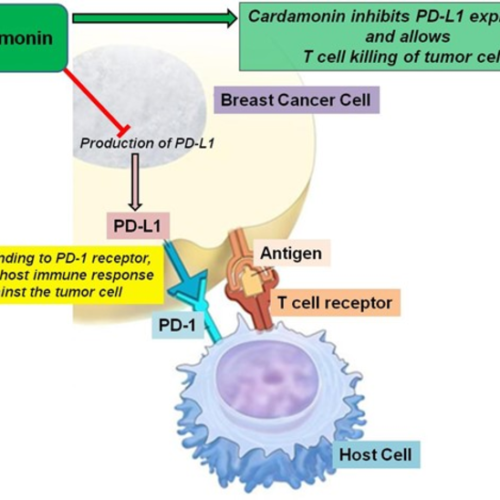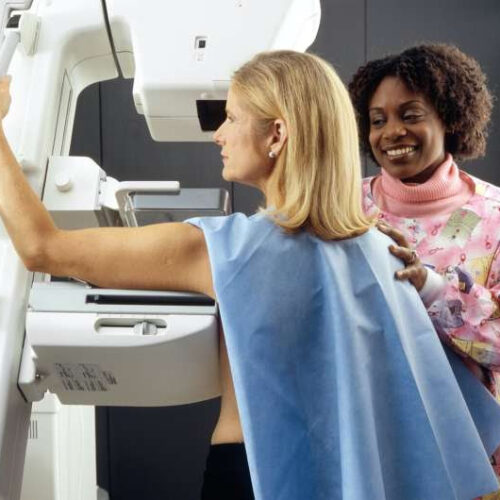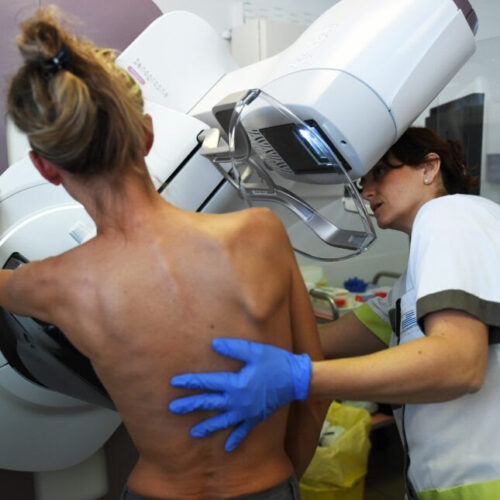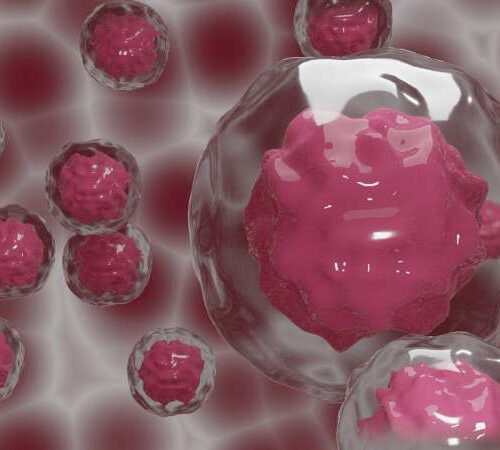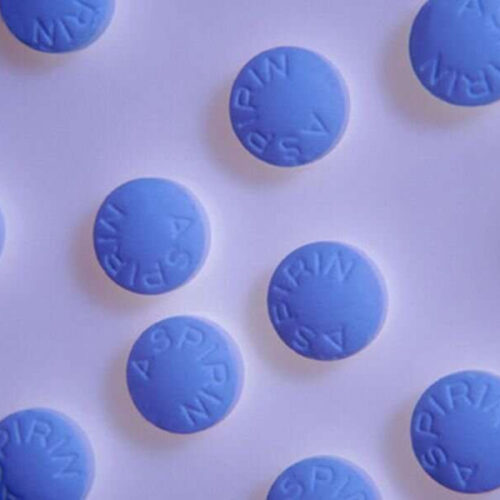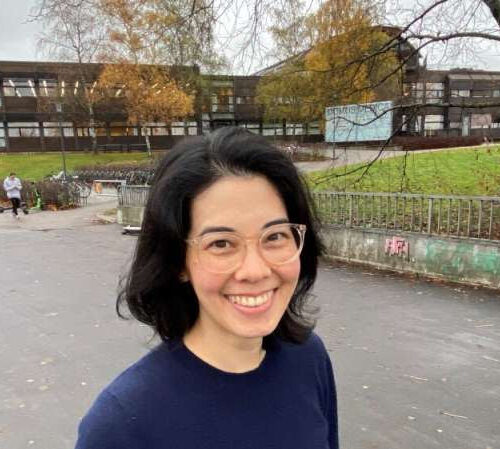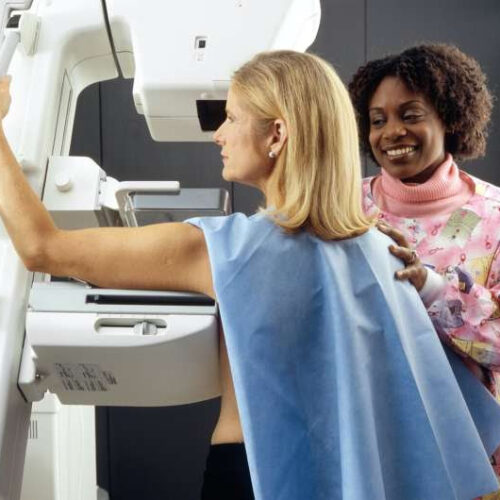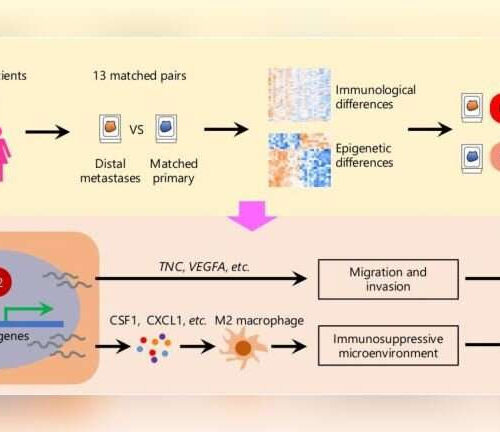by Amy Norton Breast cancers that arise before age 40 tend to be more aggressive. But young women who undergo “breast-conserving” surgery are just as likely to survive as those who have a mastectomy, a preliminary study finds. The study involved nearly 600 women under age 40 who were treated for breast cancer at one medical center....
Tag: <span>Breast Cancer</span>
Cardamonin shows promise for treating aggressive breast cancer
EXPERIMENTAL BIOLOGY IMAGE: THE PRODUCTION OF PD-LI HELPS BREAST CANCER CELLS ESCAPE THE IMMUNE SYSTEM, BUT CARDAMONIN MAY BLOCK THIS PROCESS BY INHIBITING PD-L1 EXPRESSION, LEADING TO TUMOR CELL DEATH. CREDIT: PATRICIA MENDONCA, FLORIDA A&M UNIVERSITY Philadelphia (April 3, 2022) – Cardamonin — a natural compound found in the spice cardamom and other plants — could...
Radical increase in the effectiveness of breast cancer immunotherapy
by IMIM (Hospital del Mar Medical Research Institute) Credit: Unsplash/CC0 Public Domain A study published in the journal Nature Cancer, carried out within the Cancer Program at the Hospital del Mar Medical Research Institute (IMIM-Hospital del Mar) by the Cancer Stem Cells and Metastasis Dynamics Laboratory, led by Dr. Toni Celià-Terrassa, and the Laboratory of Molecular...
Tricking the body to treat breast cancer
SANFORD BURNHAM PREBYS IMAGE: CHARLES SPRUCK, PH.D. CREDIT: SANFORD BURNHAM PREBYS With the help of two new grants from the National Institutes of Health totaling more than $4.4 million, Sanford Burnham Prebys professor Charles Spruck, Ph.D., and his team are refining a cutting-edge breast cancer treatment. The new approach, known as viral mimicry, tricks the body...
How often is breast cancer overdiagnosed? New research finds true cases far outweigh false alarms
By Angus Chen Feb. 28, 2022 A patient undergoing a mammogram. New research suggests 1 of 7 breast cancer cases detected during screenings are what’s known as an “overdiagnosis.”ANNE-CHRISTINE POUJOULAT/AFP VIA GETTY IMAGES Catching cancer early in a mammogram can be life-saving — smaller tumors are easier to remove surgically, and therapy often has a much...
Finding a new biomarker and drug target in breast cancer
by Laurie Fickman, University of Houston Credit: CC0 Public Domain After examining 398 proteins, a University of Houston College of Pharmacy researcher has found one that is an important biomarker predicting therapy outcome and a potential drug target in estrogen receptor-positive (ER+) breast cancer, which makes up approximately 80% of all breast cancers. The growth...
Study finds daily aspirin does not prevent recurrence of breast cancer
(HealthDay)—Regular aspirin use does not improve invasive disease-free survival (iDFS) among high-risk breast cancer patients with human epidermal growth factor receptor 2 (HER2)-negative disease, according to a study presented Feb. 15 as part of the American Society for Clinical Oncology Plenary Series. Wendy Y. Chen, M.D., M.P.H., from the Dana Farber Cancer Institute in Boston,...
Women know little about overdiagnosis of breast cancer
by University of Oslo When researcher Kaitlyn Tsuruda asked women whether they had heard of overdiagnosis, half said yes. But only a few in fact ticked the right answers to the in-depth follow-up questions. Credit: Cecilie Bakken Høstmark, UiO Women know less about the so-called overdiagnosis of breast cancer compared to other aspects of mammogram...
Aromatase inhibitors better than tamoxifen at reducing the risk of breast cancer recurrence in women
by Cancer Research UK Credit: Unsplash/CC0 Public Domain A new study has shown that giving aromatase inhibitors instead of tamoxifen to premenopausal women with estrogen receptor positive (hormone-sensitive) breast cancer significantly reduces the risk of breast cancer recurrence. The results have been published today in The Lancet Oncology. For women with hormone-sensitive, operable breast cancer, giving...
New path to treat advanced triple-negative breast cancer
by Anne Doerr, Yale University Credit: Yale University A new study by researchers at Yale Cancer Center shows inhibition of the CECR2 gene prevents triple-negative breast cancer from advancing or metastasizing. The discovery is an early step in finding new therapeutics for triple-negative breast cancer (TNBC), one of the most difficult disease sub-types to treat....


